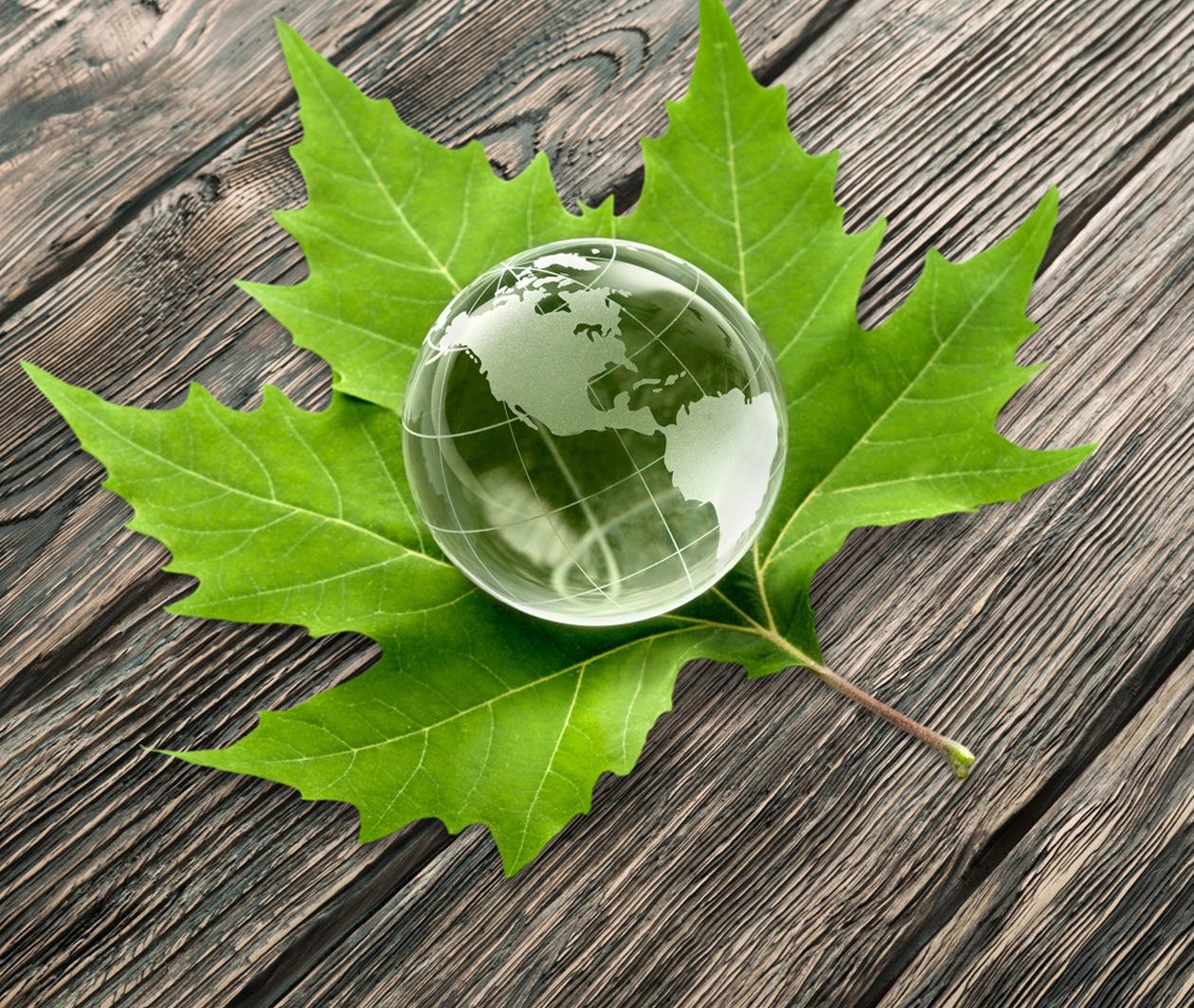
Duration
5 weeksWeekly study
3 hours
Energy, the Environment and Our Future
Other courses you might like
This course isn't running right now. We can email you when it starts again, or check out these other courses you might like.
Browse more in Science, Engineering & Maths
This course shows the immense value we get from energy, where we get it, why the energy system must change, and why a faster change is needed.
We’ll cover: + Why Energy Matters + Oil, Coal and Natural Gas + Drilling, Fracking and Reserves + The History and Physics of Global Warming
By the end of the course, you’ll be able to:
- Identify natural and human-driven systems and processes that produce energy and affect the environment
- Explain basic scientific concepts related to energy
- Discuss how global warming from fossil fuel use has arisen historically
- Summarize how the climate has always changed and how humans are driving changes, which will have large, long-lasting impacts if we don’t shift our energy system
What topics will you cover?
- Stories of our ancestors showing the immense value, but real difficulties of energy use including burning trees and whale oil
- Creative ways our ancestors dealt with drought and how rain impacted population
- How we talk about energy, what is it, and how much of it we use
- The long process of how the Earth makes fossil fuels
- US Energy use and the US economy
- The formation and origins of fossil fuels (oil, coal and gas)
- The physics of global warming and the history of carbon dioxide
- Climate models using natural and anthropogenic forcings
- The history of global warming including The Great Dying, PETM and the Ice Ages
- The Projection Project and the impacts of increased CO2 on the planet
Learning on this course
On every step of the course you can meet other learners, share your ideas and join in with active discussions in the comments.
What will you achieve?
By the end of the course, you‘ll be able to...
- Identify both natural and human-driven systems and processes that produce energy and affect the environment
- Explain basic scientific concepts related to energy in language that non-scientists can understand
- Discuss how global warming from fossil-fuel use has arisen historically
- Summarize how the climate has always changed and how humans are driving the ongoing changes, which will have large and long-lasting impacts if we don’t shift our energy system
Who is the course for?
This course is designed for anyone at any level, with an interest in how energy, the environment and our future are interrelated. It is ideal for anyone considering postgraduate study in the field, such as the online Master of Professional Studies in Renewable Energy and Sustainability Systems from Penn State.
Who will you learn with?
Learning on FutureLearn
Your learning, your rules
- Courses are split into weeks, activities, and steps to help you keep track of your learning
- Learn through a mix of bite-sized videos, long- and short-form articles, audio, and practical activities
- Stay motivated by using the Progress page to keep track of your step completion and assessment scores
Join a global classroom
- Experience the power of social learning, and get inspired by an international network of learners
- Share ideas with your peers and course educators on every step of the course
- Join the conversation by reading, @ing, liking, bookmarking, and replying to comments from others
Map your progress
- As you work through the course, use notifications and the Progress page to guide your learning
- Whenever you’re ready, mark each step as complete, you’re in control
- Complete 90% of course steps and all of the assessments to earn your certificate
Want to know more about learning on FutureLearn? Using FutureLearn
Do you know someone who'd love this course? Tell them about it...
You can use the hashtag #FLourenergyfuture to talk about this course on social media.
